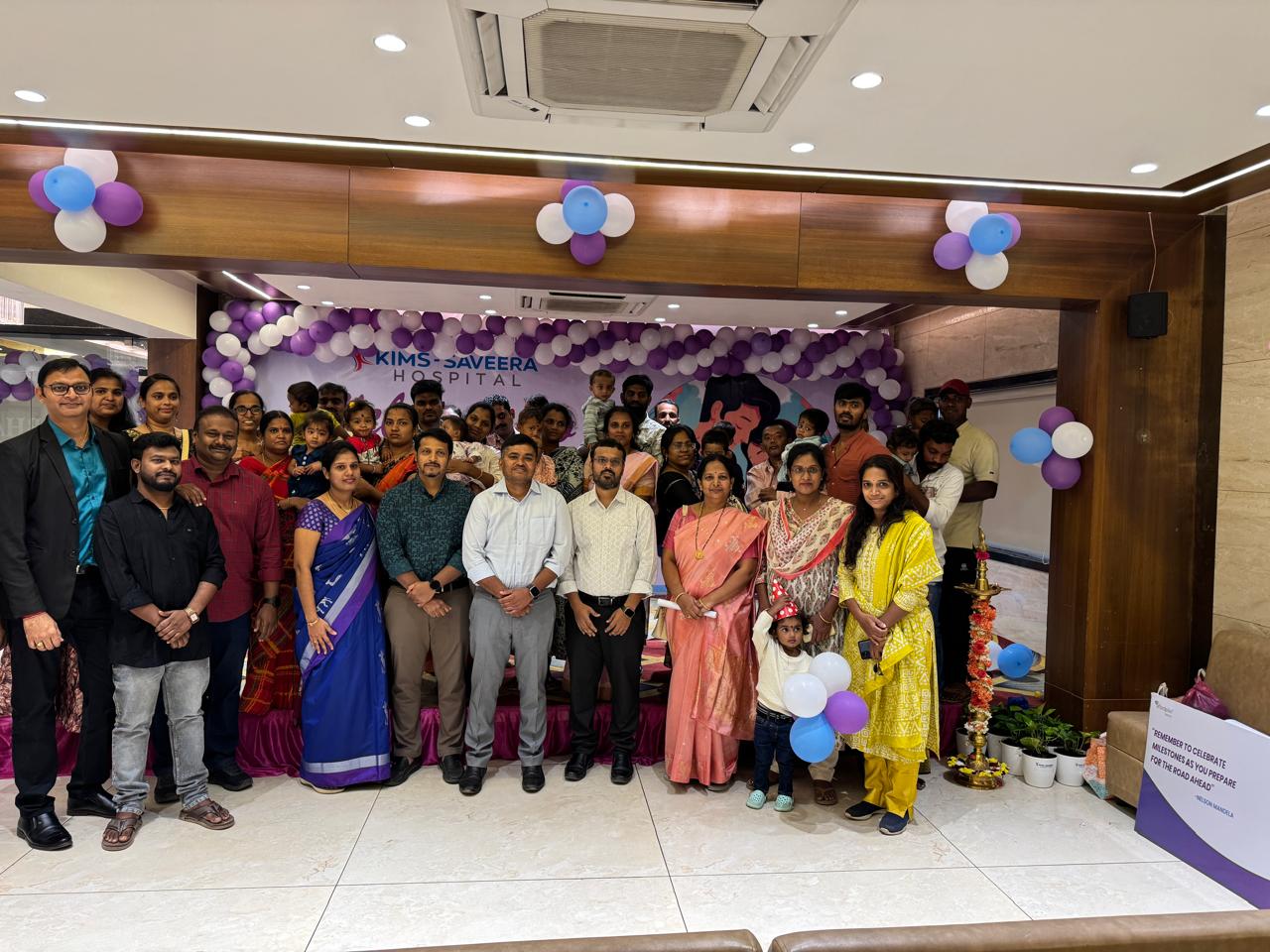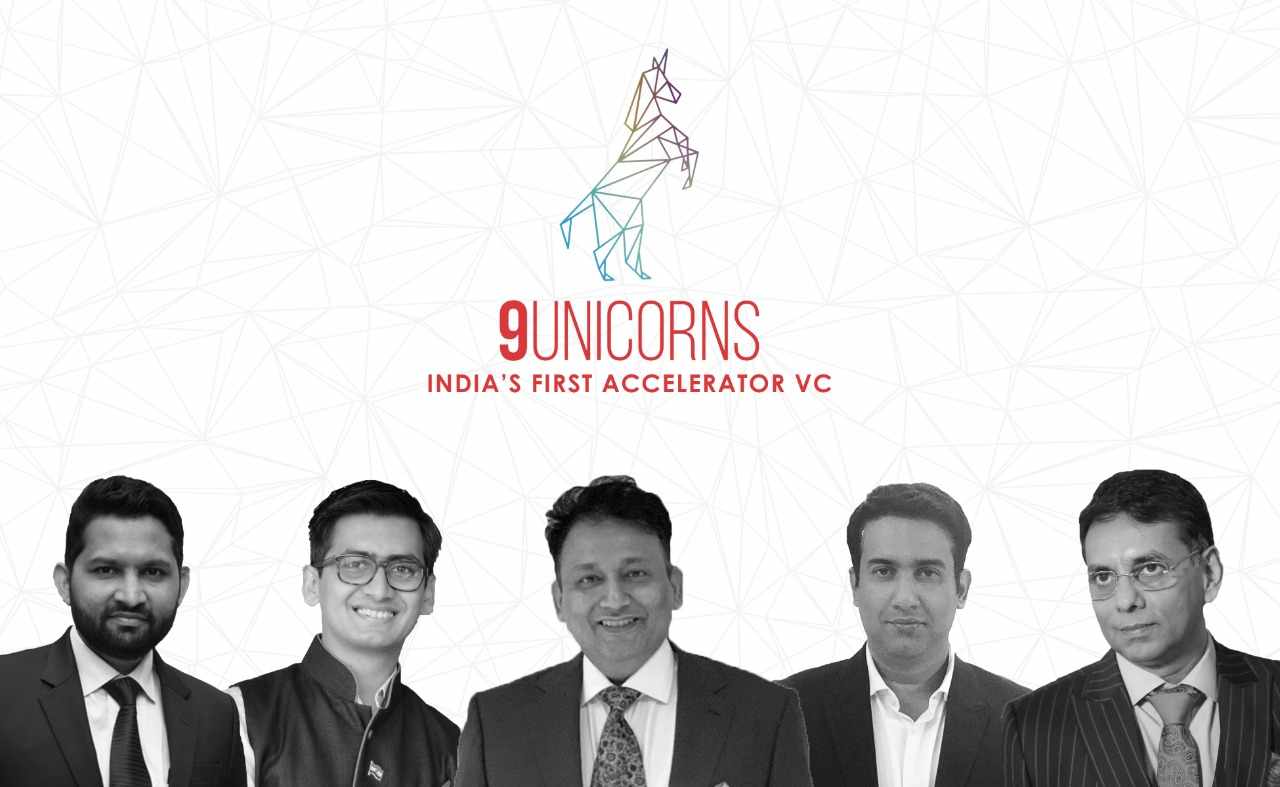With 32 deals in its maiden year, 9Unicorns is now India’s top accelerator fund
Akin to YCombinator’s investment strategy, 9Unicorns aims to create Airbnb, DoorDash kind of Unicorns over the next five years
Even as Airbnb and DoorDash went for a smashing IPO last week, their earliest investor YCombinator (YC), came out as a big winner, and those who rejected these companies had a FOMO (fear of missing out) moment. On IPO, Airbnb and DoorDash soared to $100 billion and $72 billion market cap, respectively, indicating stellar returns to YCombinator in the 100x – 1000x range from these early investments. The start-up investment revolution started by YC in 2005 has spread to other major economies, including India, which has also witnessed the birth of many accelerators and incubators over the last few years. One accelerator that is playing a similar role as YC in the Indian market is Mumbai-based 9Unicorns. It has emerged as the fastest growing and most aggressive player with 32 deals in the first year of launch. YC had invested in 24 start-ups in the first year of its launch.
The Rs 300-crore sector-agnostic fund, from the stable of India’s leading integrated incubator Venture Catalysts (VCats), has invested in nearly three start-ups every month on an average in its maiden year 2020. With hundreds of start-ups getting screened every month, 9Unicorns is quite stringent with its selection process. It rejects 90 start-up applications for every start-up selected to ensure excellence. The process helps the fund create category leaders and improves these start-ups’ chance to become the next Unicorn. For example, few of its investees — Toch, Janani AI, and Qin1, have already advanced to raise next rounds at significantly higher valuations within six months of investment. It has so far invested in DeepTech, B2B SaaS, Media, FMCG, FinTech, InsureTech, HealthTech, and EduTech sectors.
On 9Unicorns’ potential in investing and creating high growth companies, Abhijeet Pai, Partner at 9Unicorns, stated, ” The world we live in today has necessitated the adoption of technology. Comprising of the world’s largest youth, both India and Indian startups stand to gain greatly from the new-age consumer and enterprise. At 9unicorns we endeavour to bring in a tectonic shift in idea/early stage investing and hope to demonstrate long term value creation and disruption. We believe India will showcase a number of wealth creators in the years to come and believe these would be at par with the best globally.”
Table
Description automatically generated
Source: Tracxn, Crunchbase.
As an accelerator fund, 9Unicorns invests up to USD 100K for 5%-7% equity per start-up at the idea-stage. As of December 2020, it has invested over Rs 240 crore through syndication with co-investors such as Sequoia Surge, Titan Capital, SOSV, Lightspeed, Matrix Partners, and Nexus Ventures, amongst others. The syndication also includes some of the country’s leading “super angels,” namely –Ritesh Agarwal (OYO), Pankaj Chaddah (Zomato), Anand Chadrashekharan (Facebook), Ramakant Sharma (LivSpace), Amrish Rau (Citrus Pay), Harsh Shah (Fynd), Manindar Gulati (OYO), Vikalp Sahni (Goibibo) and Sanjiv Bajaj (Bajaj Capital) amongst hundred others.
Dr. Apoorva Ranjan Sharma, Founder of 9Unicorns, said, “Innovation and start-ups became mainstream in Silicon valley when early employees of 1st generation start-ups – Intel, Apple, and Microsoft – became 2nd & 3rd generation entrepreneurs. Considering Flipkart as the 1st generation start-up, we see the same explosive growth in the Indian start-up ecosystem. We have no shortage of entrepreneurs with top-notch grit, hustle, talent, and ambition. At 9Unicorns, we strongly believe that India will witness Airbnb IPO-type massive liquidity events, and so we back the entrepreneurs early on. Built from scratch in India, we want to be India’s own YCombinator.”
9Unicorns is backed by several well-known global LPs from across ten countries, family offices of large organisations such as The OPG Group, The MBG Group, Qualcon International, UB Cotton, along-with top executives from SAP, Linkedin, Quest Global, AB InDev, Fujitsu, etc.
Of late, it has been aggressively working towards investing in the start-up ecosystem in the smaller Indian towns and cities that are emerging as hotbeds of innovation on the back of increased awareness, better Internet connectivity, courtesy, Jio, and rising consumerism. The idea is to mentor and help idea-stage start-ups founded outside the Indian metropolis in their journey to become the next Unicorns.
There are over a lakh start-ups with only 40 Unicorns in the country, including hospitality chain OYO, Nykaa, Pine Labs, Postman, Razorpay, Zerodha, and Zoho, amongst others. However, the tribe of Unicorns is increasing fast. In 2020 itself, about 9 Unicorns were born. The latest to join the bandwagon is a B2B SaaS company called Zenoti. “As an accelerator, we are committed to boost India’s start-up ecosystem further and be instrumental in creating as many Unicorns as possible. We believe that India can build over 200 Unicorns from among half a million start-ups over the next 4-5 years. We at 9Unicorns aim to create a portfolio of 100 start-ups over the next 36 months,” Dr. Sharma added.












